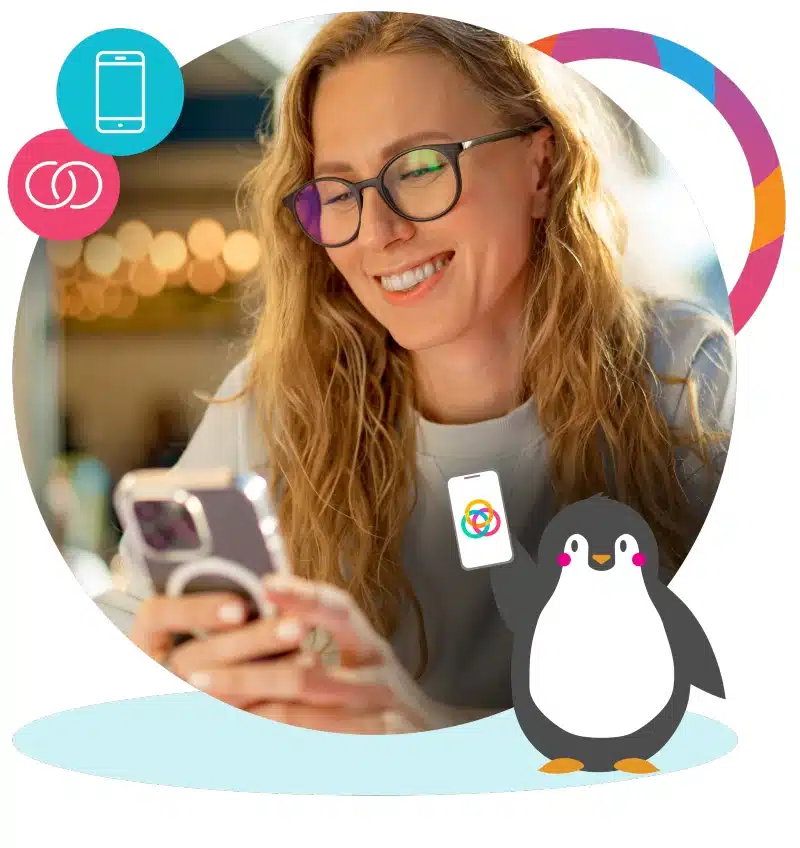
Establishing consistent routines for infants in child care and daycare classrooms is important to foster a sense of security and predictability for the infants. But these routines also are important to meet parents’ expectations about nap and feeding schedules for their babies while they are at work.
But challenges such as recording naps, diaper changes and feeding times can make this task difficult. Let’s take a look at how to set up effective infant routines in your child care center!
Why Are Routines Important?
Infant routines are crucial for several reasons.
A typical schedule for infants and toddlers consists of arrival, playtime, snack, lunch, naptime, snack and departure, with diapering taking place when needed and diaper checks at scheduled times throughout the day, according to Zero to Three, a nonprofit that offers resources to child care professionals and parents about infants and toddlers.
This group points out that within this schedule, individual children arrive at different times, nap for different periods, eat when hungry and so on. But the schedule of events remains consistent, providing a basic framework for the day.
The familiar pattern helps infants know what to expect and when to expect it.
And predictable schedules help infants feel secure and reduce anxiety. Consistent routines support cognitive, emotional and physical development.
And infant routines are helpful for your teachers and other staff in infant rooms – well-established routines streamline daily activities and make it easier to manage multiple infants.

Common Challenges and Solutions
Let’s look at two common challenges and solutions for establishing infant routines.
Challenge 1: Meeting Parent Expectations
Balancing the needs and preferences of different parents can be difficult. If the infant is the first child, a family might be unfamiliar with daycare policies and already hesitant about leaving their baby with people they don’t know.
To help parents feel at ease and confident that you are meeting expectations for the care of their baby, establish clear communication channels with parents.
Use daily reports, a child care app or scheduled meetings to keep them informed and involved.
Challenge 2: Recording Infant Naps, Diaper Changes and Bottles

Keeping track of each infant’s routine activities can be overwhelming for staff who already are busy caring for infants. Between comforting crying infants, changing diapers, feeding and more, it is difficult to keep accurate records of an infant’s day.
Implement a standardized recording system to help with this. Digital tools and apps can simplify this process, ensuring accuracy and ease of access for all caregivers.
Six Steps to Establish Effective Infant Routines
1. Understand Each Infant’s Needs
Begin by understanding the unique needs and preferences of each infant in your care. Gather information from parents about their child’s sleep patterns, feeding schedule and any specific requirements.
2. Create a Flexible Schedule
Design a daily schedule that accommodates the natural rhythms of infants while allowing for flexibility. Include time for naps, feedings, play and quiet time.
Flexibility is key to accommodating the varying needs of each infant.

3. Consistency is Key
Ensure that all caregivers follow the established schedule consistently. Uniformity helps infants adapt to the routine and feel secure in their environment.
4. Use Visual Aids
Visual schedules can be helpful for caregivers to follow and for parents to understand the daily routine. Charts, whiteboards and digital displays can serve as effective tools.
5. Incorporate Individualized Care
While routines are important, it’s equally essential to provide individualized care. Pay attention to each infant’s cues and adjust the schedule as needed to meet each baby’s specific needs.
6. Regularly Update Families
Keep parents informed about their child’s day through regular updates. Transparency helps build trust and ensures that parents feel involved in their child’s care!
How the Procare Child Care Mobile App Can Help!

Establishing effective infant routines in a child care setting requires a balance of consistency, flexibility and clear communication. By understanding each infant’s needs, creating a flexible yet consistent schedule, and keeping open lines of communication with parents, caregivers can create a nurturing and structured environment for infants.
The Procare child care mobile app can help you keep track of infant activities and share them! You can record nap start times and end times separately or together. Children marked as napping will have a special icon next to their profile picture to remind you to record when they wake up.
Your teachers can set recurring reminders for nap checks, add the child’s sleeping position to the nap check activity and more!
The Procare child care mobile app also gives you the ability to:
- Get information quickly via an app
- Take the hassle out of check-in/out
- Have a direct mass communication channel
- Keep families engaged
- Go digital
- Empower your staff
- Collect tuition and payments effortlessly
It saves child care programs time and money by streamlining core administrative functions while raising the bar for the parent experience with professional communications, easy-to-access portals and the ability for real-time updates from the classroom.
Learn more about what the app can do to help you with infant routines and more by clicking here!



